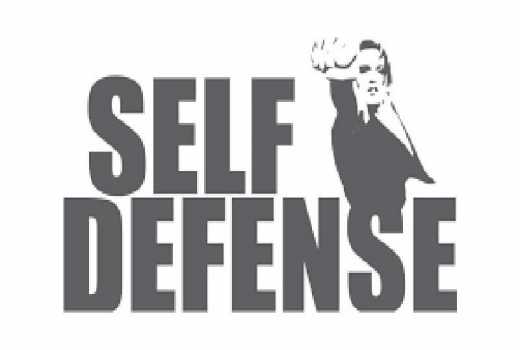
There is a growing threat to the existence of state through the spread of a dangerous narrative. This narrative implies that a state does not have rights to defend itself, whether from anarchists or agents of deliberate institutional destruction.
The subsequent effect of the narrative is to negate the state but strangely the focus of that negation seems to be confined to Africa. This is not new given that the Euros who study Africa, named “Africanists”, called for the abolition of African states in the 1990s. Currently, that narrative takes the form of Euro encouragement of lawlessness and then “advising” states not to act on lawless behavior.